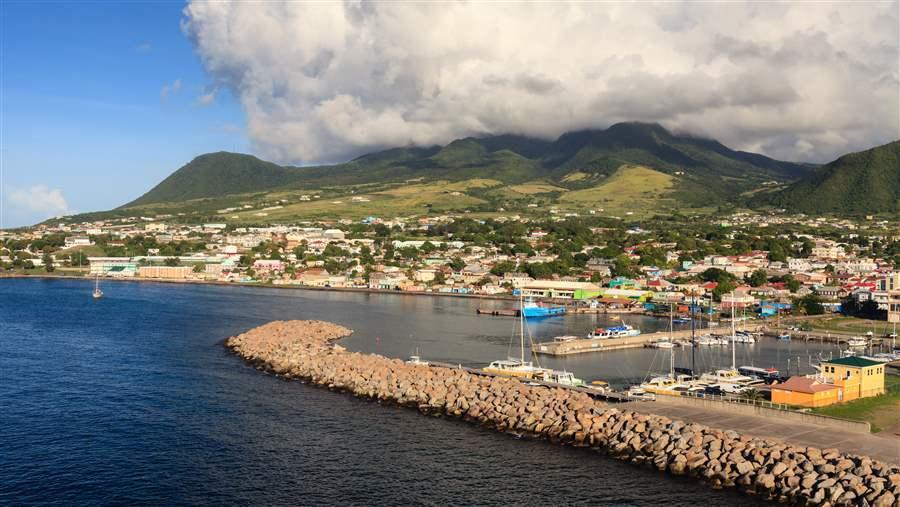St. Kitts and Nevis Shows Leadership on Ending Illegal Fishing
Island nation in the Caribbean is 13th to ratify key U.N. treaty
The Caribbean nation of St. Kitts and Nevis has taken a big step in the fight to end illegal fishing. On July 6, the two-island federation announced that it has ratified the Port State Measures Agreement (PSMA), an international treaty to stop illegally caught fish from entering the market.
The St. Kitts and Nevis announcement follows action by Iceland, whose June ratification was just made official by the U.N. Food and Agriculture Organization. So far, 13 governments have ratified the PSMA.
 © ATGImages, Shutterstock.com
© ATGImages, Shutterstock.comNo one tactic or tool will solve the multibillion-dollar problem that illegal, unreported, and unregulated (IUU) fishing has become worldwide, but combined with other efforts— such as the use of affordable high-tech platforms that help authorities monitor, detect, and respond to illicit fishing activity—these port State measures will make it increasingly difficult for pirates to launder their catch where vessels land their fish.
Illegal fishing makes headlines routinely—which it should, given the extent of the problem. That said, the coverage tends to focus on criminals caught in the act. Recently, there have been more stories about how governments and industry are taking proactive steps to rid the market of illicitly caught fish.
The treaty will enter into force once 25 governments have ratified it. Only 12 more countries need to follow the lead of St. Kitts and Nevis. Several are close to taking action. And the months before the international Our Ocean Summit in Chile in early October are an ideal time for more to pledge their commitments. It is now possible to imagine a future in which the PSMA takes effect.
Tony Long is director of the ending illegal fishing project for The Pew Charitable Trusts.








